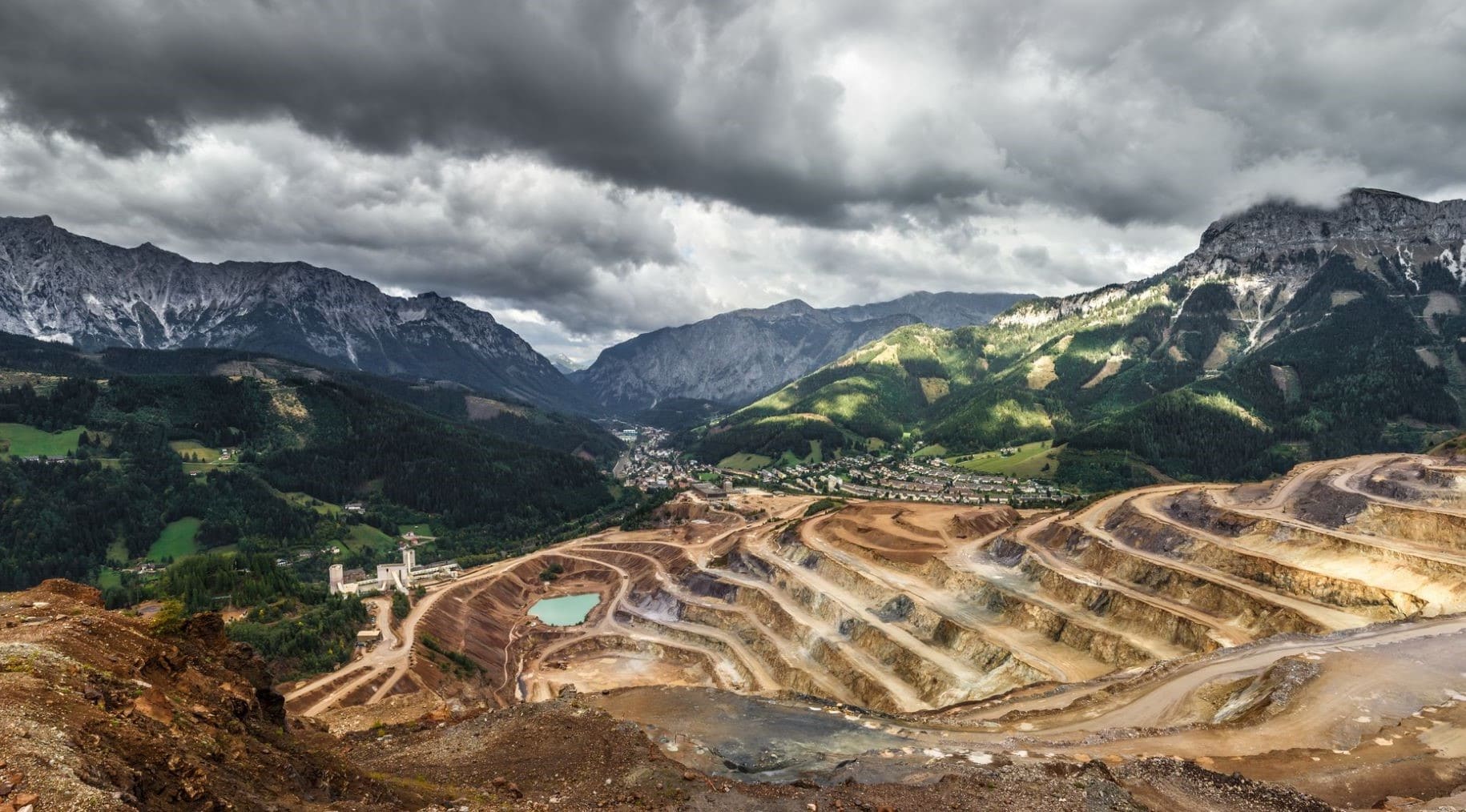The Commission has adopted, for the first time, a list of forty -seven strategic projects to promote internal strategic abilities of raw materialswhat they have declared in turn will reinforce the European value chain of raw materials and diversify supply sources.
From The breast of A have explained that these new strategic projects mark an important milestone in the application of the regulation of fundamental raw materialswhose objective is to ensure that the extraction, processing and recycling of strategic raw materials that are carried out in Europe respectively cover 10 %, 40 % and 25 % of EU demand no later than 2030.
In the face of these decisions, More than 200 European organizations that are considered directly or indirectly affected by these projects have denounced that there is no transparency With regard to their public and environmental information.
Mining projects ‘dark’
The European Commission has recently published the “strategic projects” list under the regulation of fundamental raw materials to accelerate the obtaining of minerals considered strategic for the energy and digital transition and other industries such as arms.
The consideration of Strategic project allows the accelerated processing of exploitation permits and prevents effective participation of local populations. These projects They will also have a priority status in administrative and judicial processes and will receive help from the European Commission to obtain financing.
Another very worrying aspect is that a very important part of the deposits of the calls “Critical minerals” are very close or within special protection areas such as the Natura 2000 Network and the projects Selected, they can be considered “of Higher Public Interest”, weakening the application of Nature Protection Environmental Directives.
Alerted by this situation, numerous social organizations and social groups throughout Europe have been addressed to the European Union requesting Information about these projects to evaluate the environmental and social impact that they will cause in the environment.
Before the refusal of the European organizations to provide basic information regarding these mining projects230 organizations (NGOs, law firm and formal and informal groups that work in the rule of law, the protection of the environment, human rights, extractivism …) have written a letter to President Metsola and political groups in the European Parliament Parliament requesting that they are allowed to exercise their right to access public and environmental information.
Natura 2000 Network Spaces Unprotected
For signatory organizations this Lack of transparency shows uncertainty about the criteria applied to grant certain projects a qualification that will grant them economic privileges and administrative, such as the accelerated process of concession of authorizations. In addition, it is a violation of the Aarhus agreement on information, participation and environmental justice.
Organizations warn that current policies on critical minerals, far from guaranteeing a fair ecological transition, delving into existing social and territorial inequalities and can increase disaffection towards climatic policies. Nor resolve but They deepen the expolio of resources of the Global South, without guaranteeing the rights of indigenous peoples or local communities in these countries.
They immediately demand a review of the projects strategic selected so that it is guaranteed that this qualification does not receive No project with bad environmental and social practices, or projects located in protected natural spacesas well as in others that have been deserving of protection incompatible with extractive activities.
They also emphasize that a 180º turn is essential in mineral raw material policies so thatand prioritize the reduction of demand and metal recycling, and that the well -being of the population and its environment is put in the center of decision -making.
“So that the EU’s mining policy is credible and sustainable, it must be based on strategic spatial planning that clearly defines what raw materials are needed, in what places can be extracted without putting the environment or communities at risk, and under what conditions they must develop.
This planning must be built with criteria of general interest and with a real and reinforced public participation. We can’t let The course is marked by scattered proposals, bossesed only by the particular interests of the companies”, Say from the set of signatory organizations of the letter.
Particular economic interests above social
The Spanish Organizations and Platform Signatory of the Charter denounce, in addition, that In Spain, mines have been chosen with an extensive history of irregularities and bad environmental practicessuch as those of Las Cruces (Sevilla), La Grrilla (Cáceres) and Aguablanca (Badajoz).
Projects with broad social response for its foreseeable impacts in protected spaces such as those of Las Navas (Cáceres), Doade (Ourense) and El Moto (Ciudad Real).
They remember that the grill mine was sanctioned and closed in 2022 for lacking environmental authorization and by illegally building mining waste rafts, while the crossbrain mine accumulates more than 6.5 million euros in sanctions and compensation for illegal extractions of waters of the aquifer of Gerena and Guillena-Cantillana, Water masses considered as a strategic emergency reserve for human consumption in Seville in case of shortage.
In the case of the Aguablanca mine, Denarius is led by entrepreneurs with a wide history of human rights violations in their gold and oil farms in Colombia.

